
BREXIT
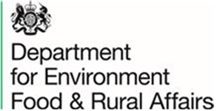 This information comes from Defra explaining what will happen if the UK leaves the EU without a deal
This information comes from Defra explaining what will happen if the UK leaves the EU without a deal
What will happen to CITES movements if there’s no deal?
If the UK leaves the EU without a deal, transport rules for CITES protected animals, plants and their derivatives will change. The main change will be that you would need CITES permits to move CITES goods between the UK and the EU. You’ll also need to use a designated point of entry and exit (PoE) when importing or exporting CITES goods.
In the event of a no-deal Brexit, anyone wishing to bring a specimen of a protected species of animal or plant into the UK or export to the EU will require a CITES document. Such documents must be applied for in advance of travel and inspected and endorsed (stamped) by Border Force at a CITES-designated point of entry or exit.
After a no-deal Exit, all businesses and individuals importing CITES specimens into the UK must present their CITES permit upon arrival (import). Border Force will, if everything is in order, then endorse the permit. If you do not present your permit to Border Force upon arrival, you will be in contravention of the CITES requirements and may not be able to sell or re/export your CITES specimen in the future.
What is CITES, and how can I tell if I’m affected?
The Convention on International Trade in Endangered Species of Wild Fauna and Flora (CITES) is an international agreement between governments that aims to ensure international trade in specimens of endangered animals and plants does not threaten their survival. CITES agrees varying degrees of protection to species of animals and plants, whether trading or moving live specimens or their parts, from zoo animals to musical instruments to herbal remedies.
More than 35,000 endangered animals and plants and their derivatives are regulated through the Convention on International Trade in Endangered Species of Wild Fauna and Flora, otherwise known by its acronym as CITES. This agreement has been signed by 183 countries including the EU and it regulates trade and the movement of rare animals and plants, including their parts and derivatives. Species are listed in the CITES Appendices to ensure that trade does not threaten their survival and includes animals or plants, or their products (for example skin, fur, teeth, shell, feathers, blood or seeds) amongst many others.
Control is through a global system of import/export permits and notifications. The level of allowable trade is determined by how ‘at risk’ the species is. You can check whether a species is listed by searching the species or Latin name here. or via the CITES I, II and III Appendices. Search CITES at gov.uk. For more information and a list of the designated ports. Day 1: No Deal guidance can also be found here.
The Government has published updated guidance, which sets out how people who trade in, or travel with, protected animals or plants and their derivatives, will be affected when the UK leaves the EU. The species covered by these measures are listed in Annexes A to D of the EU Wildlife Trade Regulations which implement CITES. With amendments, these will become UK law (retained EU law) when we leave the EU. The species + database includes details of all CITES-listed species.
Points of Entry and Exit
Protected animal and plant specimens will need a CITES document to be moved between the UK and the EU and will only be able to travel through designated Points of Entry and Exit (PoE). The Government will increase the number of CITES points of entry and exit (PoE) for CITES specimens from 10 to 29. The full list of locations, which will be designated as CITES PoE and how to use them, can be accessed here.
The UK Government has confirmed that an additional four ports (Belfast Seaport, Dover, Eurotunnel and Holyhead) will be designated to handle movements of protected animals or plants to ensure there is enough capacity to transports CITES products the event of a no-deal Brexit.
Custom offices at Eurotunnel, Dover and Holyhead will be designated and special CITES arrangements have been put in place to help minimise any delays should they happen at these particular locations. Belfast Seaport will also be designated to allow CITES movements between the Republic of Ireland and Northern Ireland over the land border and by sea. Businesses and individuals who are looking to use these routes should familiarise themselves with the arrangements and contact the port prior to moving CITES specimens and items between the UK and EU.
A full list of the locations which will be designated as CITES PoE and how to use them, including the two postal routes, can be accessed through Gov.UK here. For all movements of CITES specimens from the UK, you will also need to check the specific requirements with the intended country of import or export on the Global CITES website.
Permits required
All CITES specimens that are currently freely moved and traded between the UK and the EU will require CITES documents. This means movement of all CITES specimens between the UK and the EU will need to follow the same processes as those currently in place for movement between the UK and non-EU countries. Applications for CITES documents permitting movement of CITES specimens into and out of the UK will be processed by the Animal and Plant Health Agency (APHA).
Details of how to obtain CITES documents such as a permit or import/export notification in the UK are available on GOV.UK, as are current details of fees for CITES permits. For CITES specimens that may also require plant or animal health certification, a CITES document does not replace the need for veterinary or phytosanitary inspection and certification.
UK Government as a whole, is committed to protecting nature and biodiversity and will continue to champion the aims of CITES after Brexit.

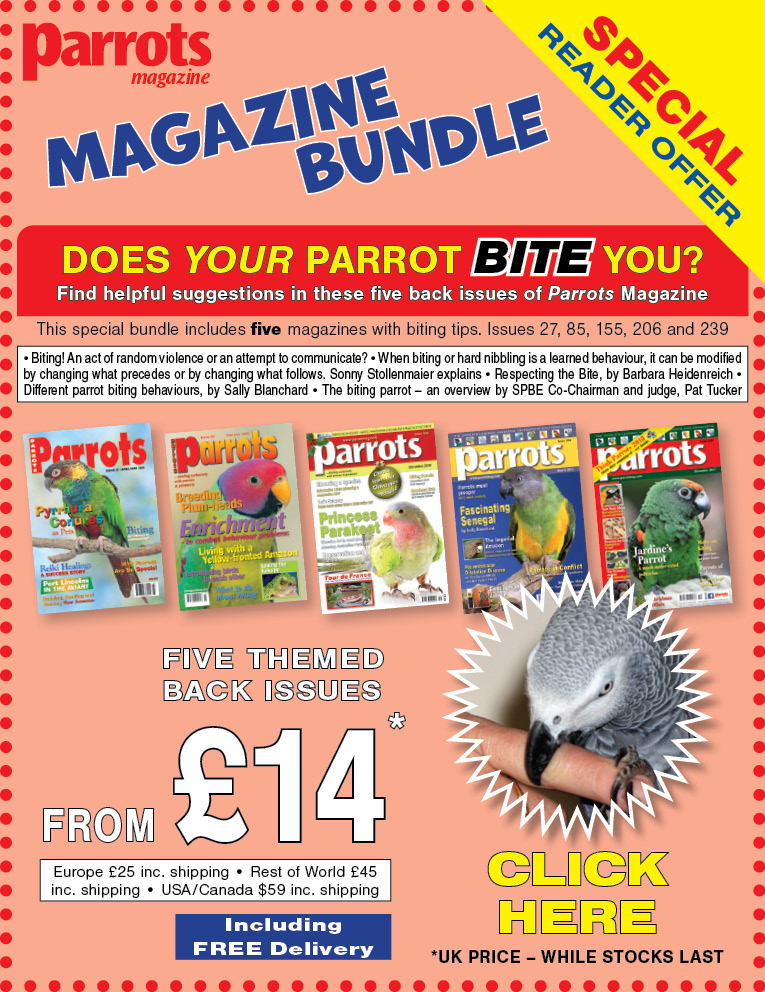
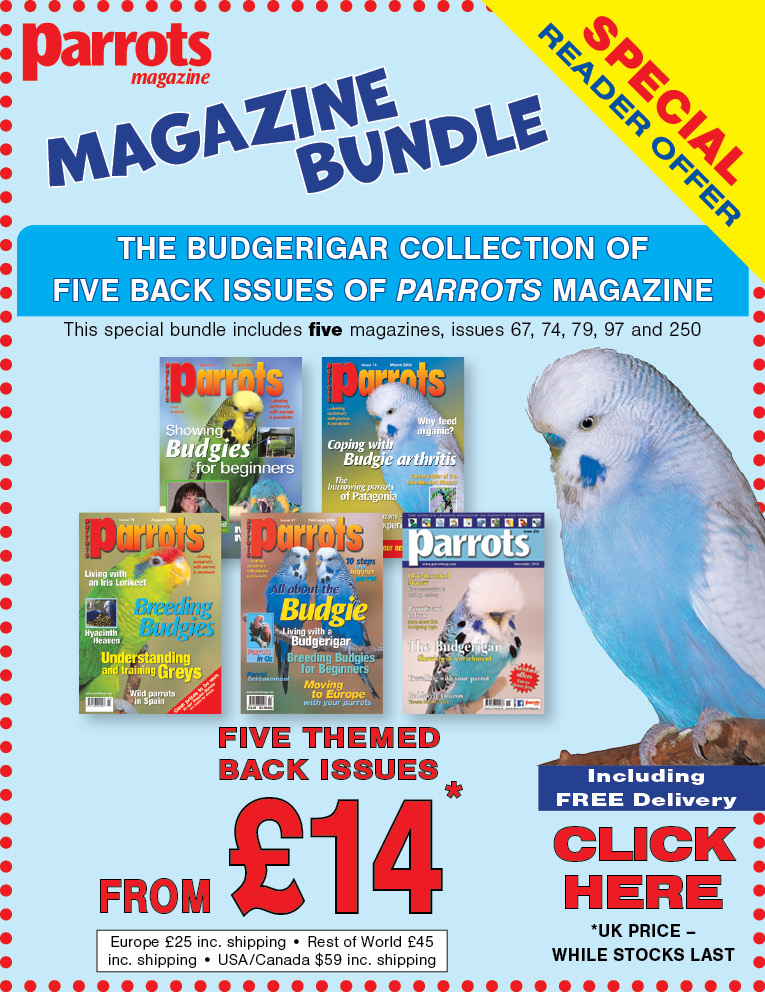
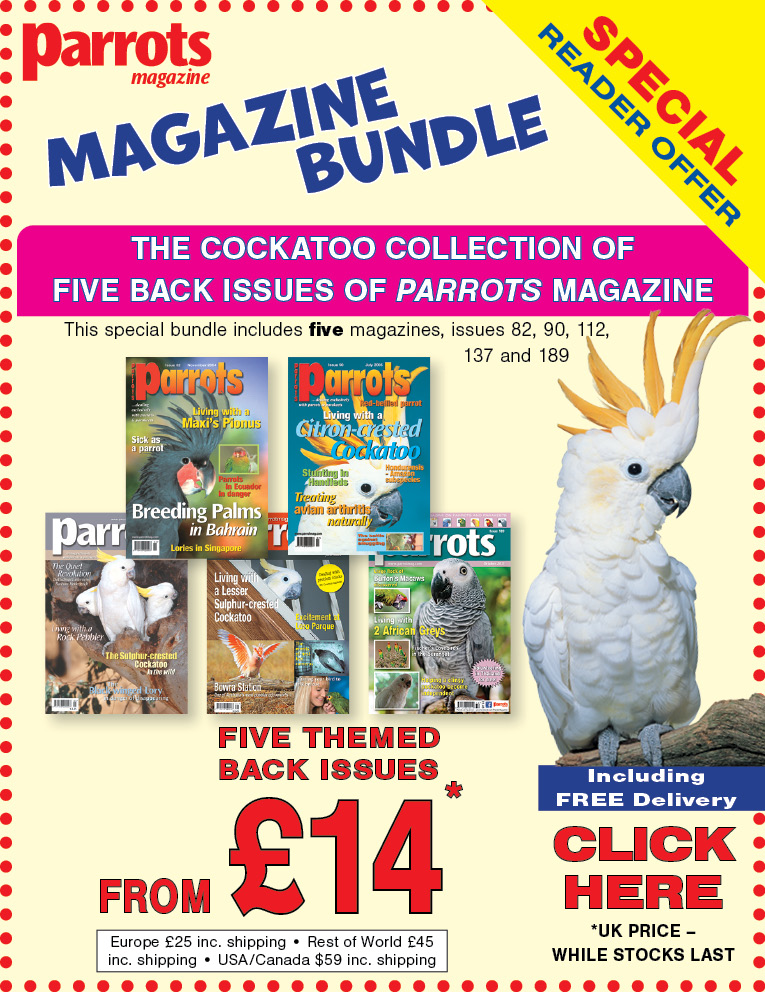
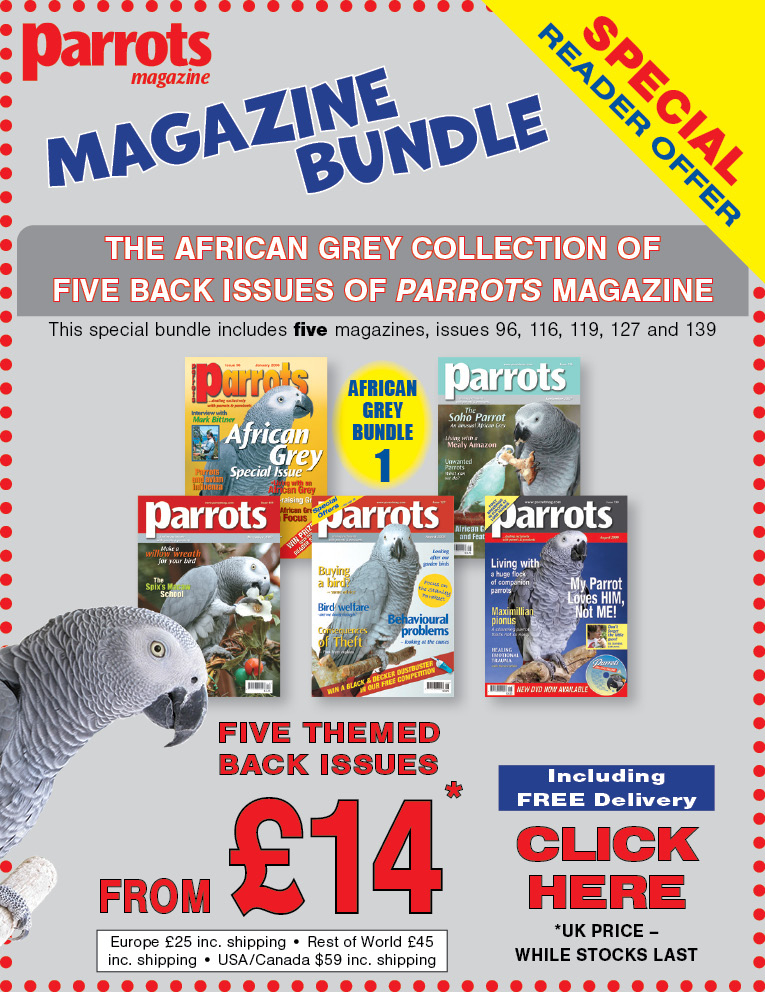
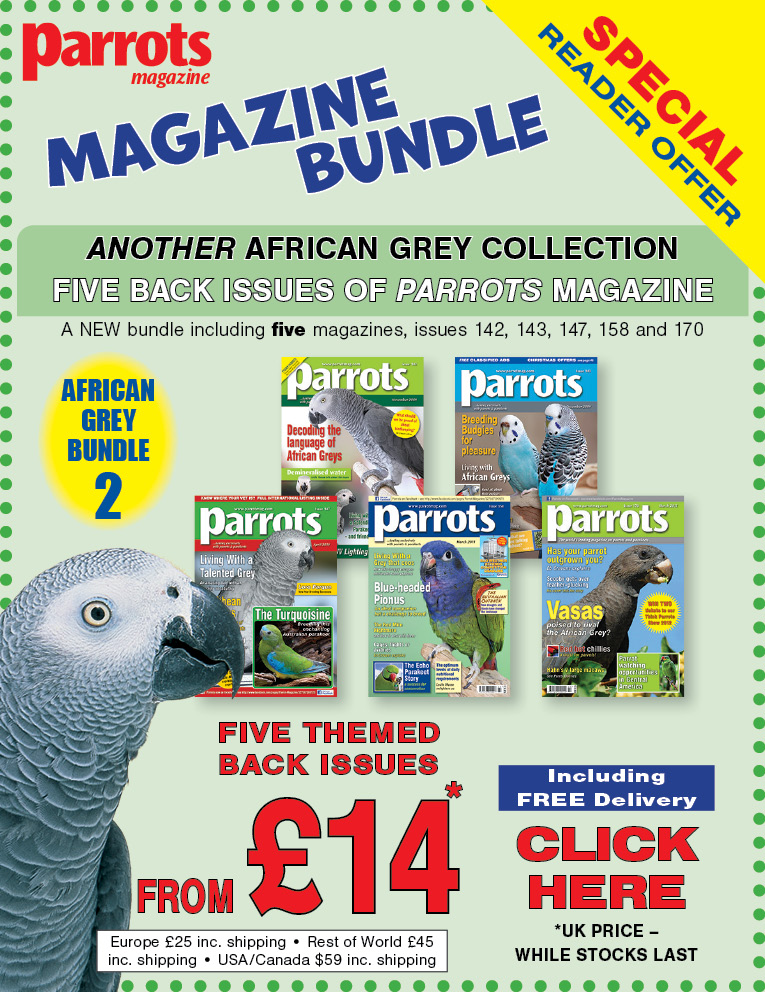
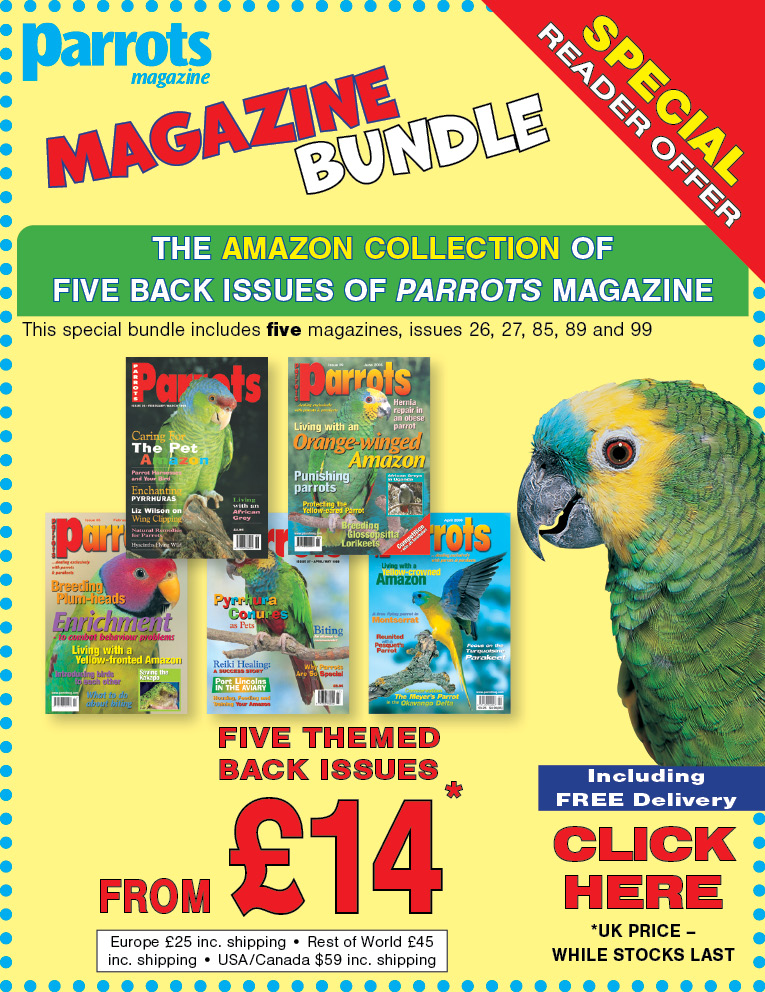

Parrot Chat
Buyers Guides
Breeding articles